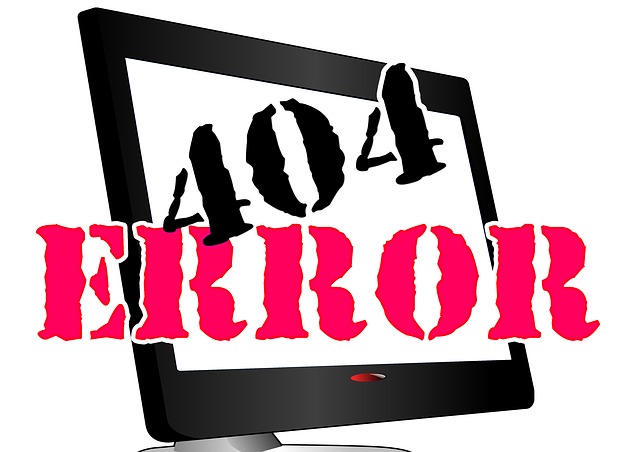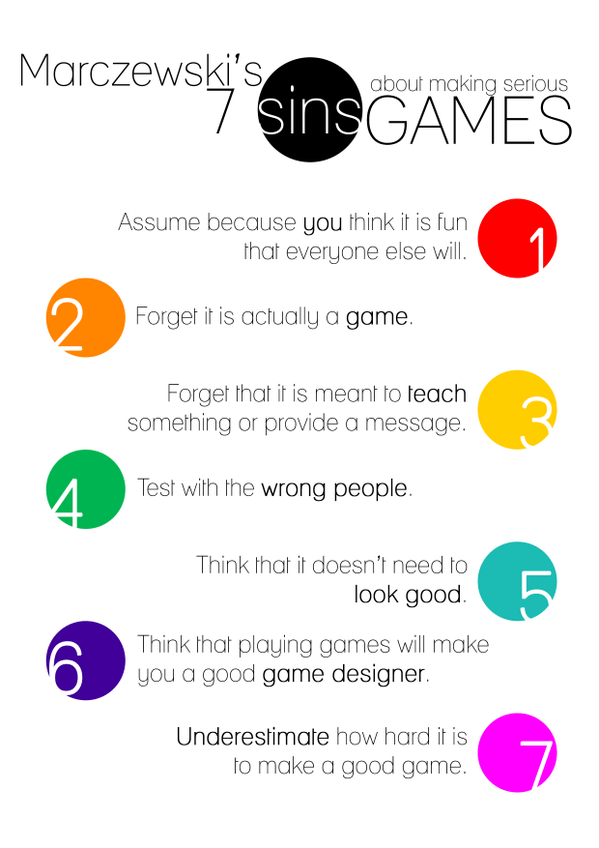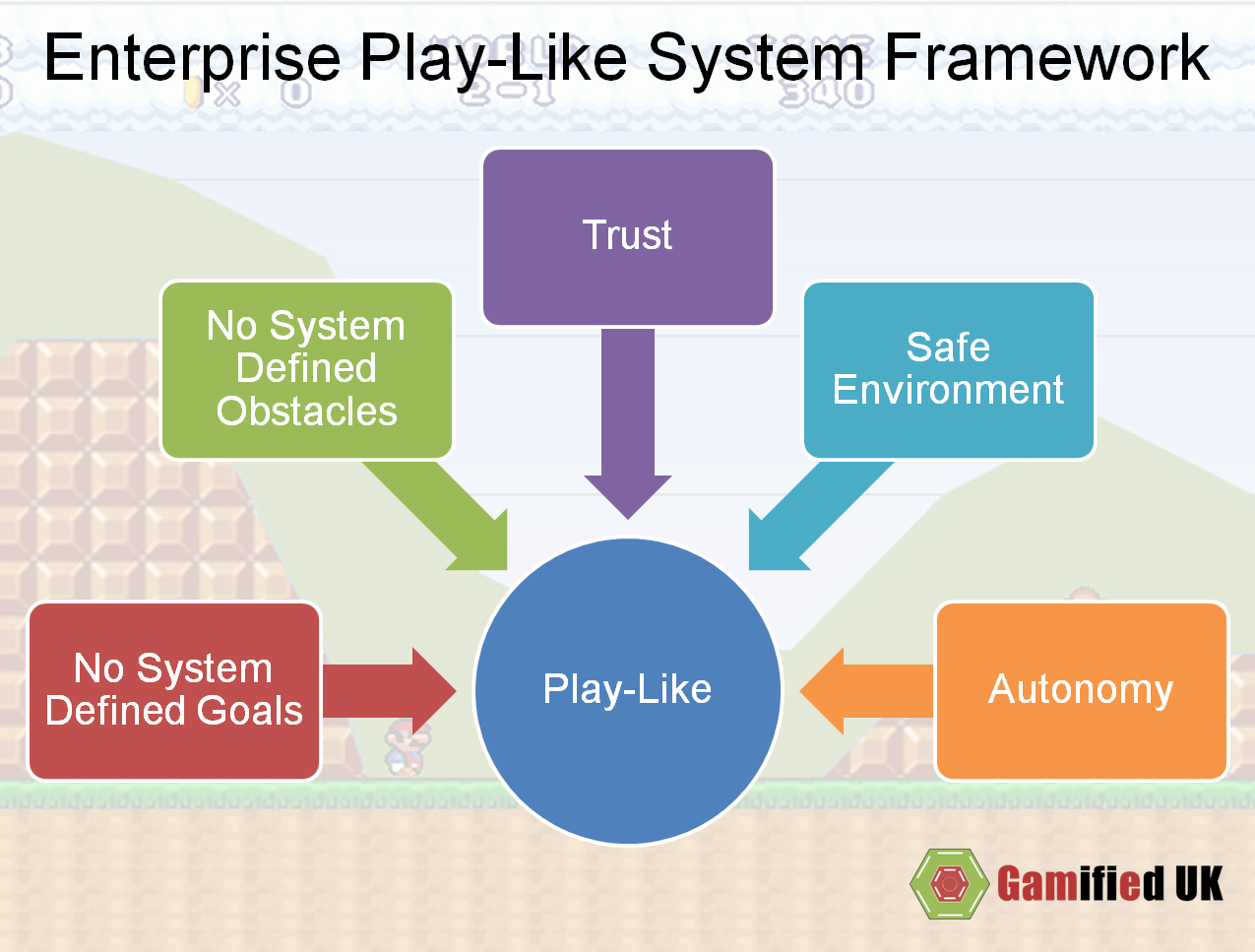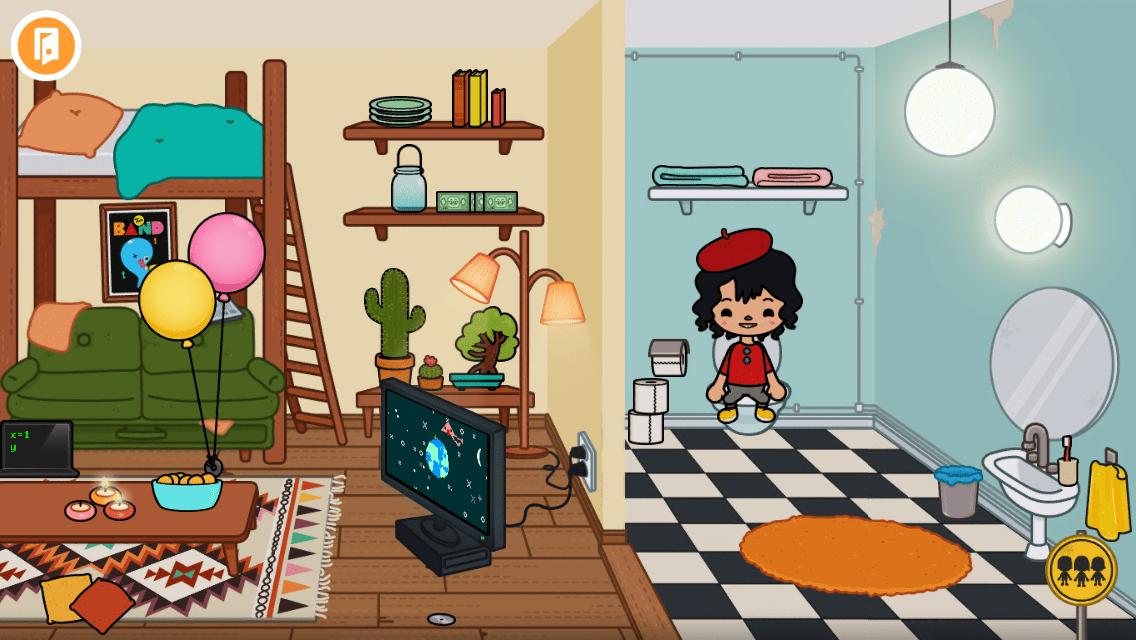I am a huge advocate of the benefit of games. They are amazing and I would quite happily argue with anyone shouting about games and violence, or games being bad for kids. I am also not against T.V. My youngest has amazing shape recognition, counting and even spelling and maths abilities – at three – thanks in large part to Team UmiZoomi!
However, I have started to notice a slightly concerning issue with my eldest daughter. She seems to have no imagination any more, or at least a very reduced functionality one!





